
Essaouira Region: Morocco's Coastal Gem
Located on the Atlantic coast of Morocco, the Essaouira Region is a captivating blend of culture, history, and natural beauty. The region is renowned for its picturesque beaches, traditional medinas, and vibrant arts scene. The town of Essaouira itself, a UNESCO World Heritage site, is a labyrinth of narrow streets lined with whitewashed houses with blue shutters, offering a charming and relaxed atmosphere that is a delight to explore. One of the highlights of the Essaouira Region is its stunning coastline. Windsurfers and kitesurfers from around the world flock to its shores to take advantage of the strong Atlantic winds. The long stretches of sandy beaches are perfect for leisurely strolls, sunbathing, or simply enjoying the scenic ocean views. The region is also famous for its fresh seafood, which can be enjoyed at numerous seaside restaurants. The cultural richness of the Essaouira Region is evident in its arts and crafts. The town is home to numerous galleries and workshops where local artisans produce intricate woodwork, pottery, and textiles. The annual Gnaoua World Music Festival transforms Essaouira into a hub of musical performances, attracting artists and visitors from all corners of the globe. With its fusion of history, culture, and natural splendor, the Essaouira Region offers a uniquely Moroccan experience that is both enriching and unforgettable.
Local tips in Essaouira Region
- Visit the Skala de la Ville for panoramic views of the Atlantic and the town's fortifications.
- Try fresh seafood at the fish market near the port, where you can choose your fish and have it cooked on the spot.
- Explore the local crafts in the medina, especially the thuya wood workshops.
- Attend the Gnaoua World Music Festival if you visit in late June.
- Pack a windbreaker; the coastal winds can be quite strong, especially in the afternoons.
Essaouira Region: Morocco's Coastal Gem
Located on the Atlantic coast of Morocco, the Essaouira Region is a captivating blend of culture, history, and natural beauty. The region is renowned for its picturesque beaches, traditional medinas, and vibrant arts scene. The town of Essaouira itself, a UNESCO World Heritage site, is a labyrinth of narrow streets lined with whitewashed houses with blue shutters, offering a charming and relaxed atmosphere that is a delight to explore. One of the highlights of the Essaouira Region is its stunning coastline. Windsurfers and kitesurfers from around the world flock to its shores to take advantage of the strong Atlantic winds. The long stretches of sandy beaches are perfect for leisurely strolls, sunbathing, or simply enjoying the scenic ocean views. The region is also famous for its fresh seafood, which can be enjoyed at numerous seaside restaurants. The cultural richness of the Essaouira Region is evident in its arts and crafts. The town is home to numerous galleries and workshops where local artisans produce intricate woodwork, pottery, and textiles. The annual Gnaoua World Music Festival transforms Essaouira into a hub of musical performances, attracting artists and visitors from all corners of the globe. With its fusion of history, culture, and natural splendor, the Essaouira Region offers a uniquely Moroccan experience that is both enriching and unforgettable.
When is the best time to go to Essaouira Region?
Iconic landmarks you can’t miss
Place Moulay Hassan
Experience the vibrant culture and history of Essaouira at Place Moulay Hassan, where local artisans and lively performances await.
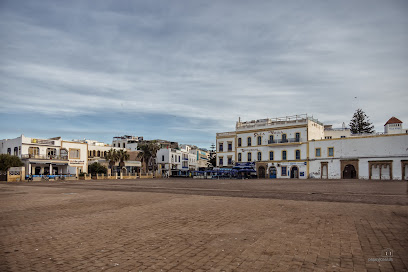
City Walls
Experience the majestic City Walls of Essaouira, a UNESCO World Heritage Site, where history meets breathtaking coastal views.
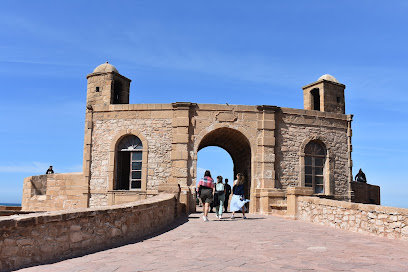
Bab Sbaa
Explore Bab Sbaa, a historical landmark in Essaouira, where rich culture and stunning architecture come together for an unforgettable Moroccan experience.
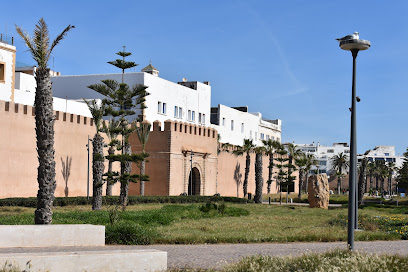
Sqala du Port d'Essaouira
Explore the historical gem of Sqala du Port d'Essaouira, where heritage meets breathtaking coastal views in Morocco's charming seaside town.
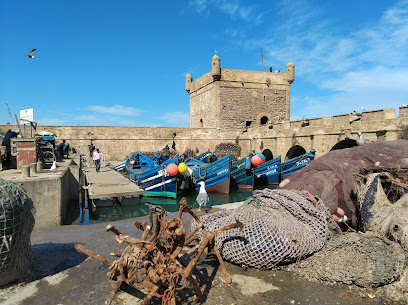
Panoramic view of Essaouira
Discover the breathtaking panoramic views of Essaouira, where history, culture, and stunning coastal landscapes unite in a magical Moroccan experience.
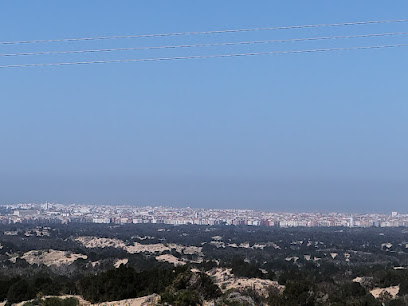
Be In Naturetours Essaouira
Discover the scenic beauty of Morocco with Be In Naturetours in Essaouira, where adventure and nature come together for an unforgettable experience.
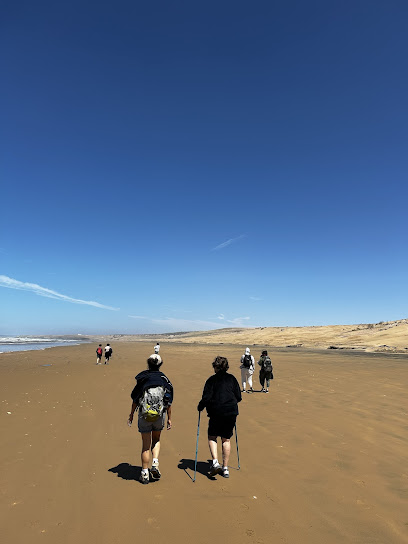
Essaouira, Maroc
Explore Essaouira, Morocco: A beautiful coastal city known for its rich history, vibrant arts scene, and stunning Atlantic beaches.
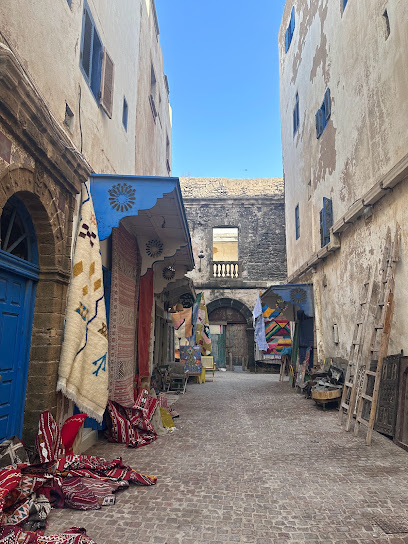
Dar Souiri
Explore the vibrant cultural scene at Dar Souiri, Essaouira's premier center for arts, music, and community gatherings, offering an authentic Moroccan experience.
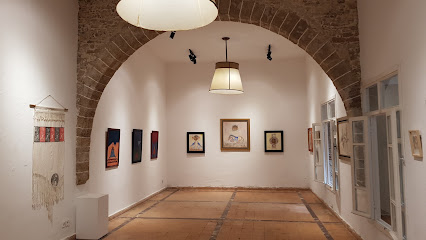
Gallery Kasbah
Immerse yourself in the artistic heritage of Essaouira at Gallery Kasbah, where local craftsmanship meets contemporary creativity.
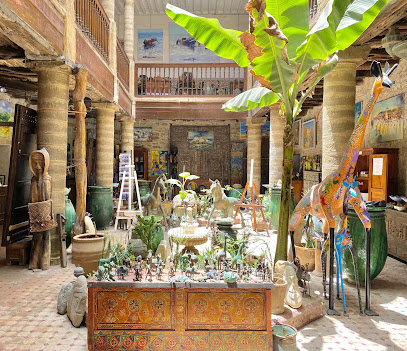
Horloge d'Essaouira
Explore the Horloge d'Essaouira, a stunning landmark steeped in history and charm, offering breathtaking views and cultural experiences in Essaouira, Morocco.
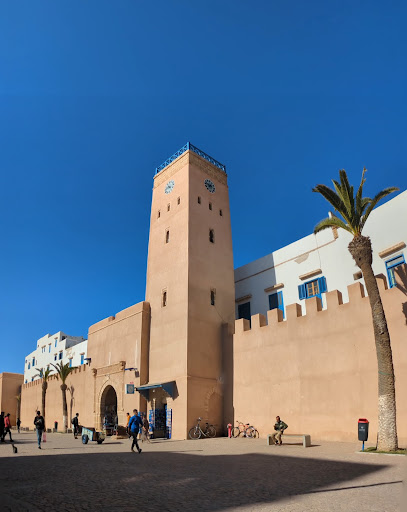
L'Horloge d'Essaouira
Experience the charm of Essaouira at L'Horloge, a historical landmark blending culture, history, and stunning architecture in Morocco.
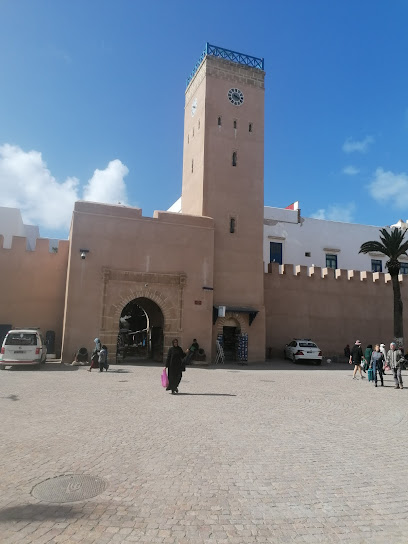
Bab El Marsa
Discover the historical charm of Bab El Marsa in Essaouira, where culture and coastal beauty intertwine to create an unforgettable experience.
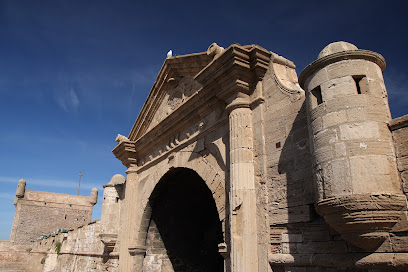
Borj El Barmil
Discover the enchanting Borj El Barmil in Essaouira, a historical landmark offering stunning ocean views and a rich tapestry of culture.
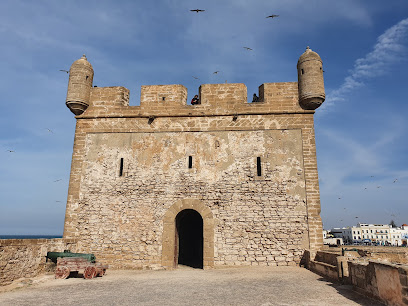
Old Fortress, 18th Century Portuguese canons
Discover the Old Fortress in Essaouira, a historic site featuring 18th-century Portuguese canons and breathtaking coastal views.
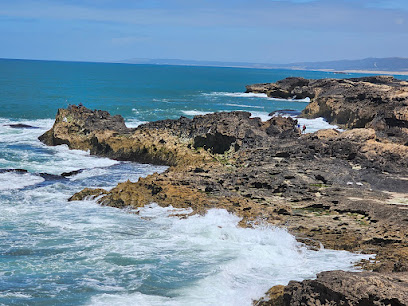
Phare de Sidi Magdoul
Discover the historic Phare de Sidi Magdoul in Essaouira, a lighthouse offering breathtaking ocean views and a glimpse into Morocco's maritime heritage.
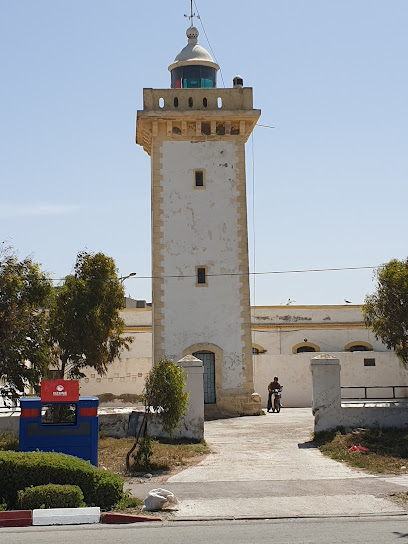
Unmissable attractions to see
Palma Quad
Discover the exhilarating world of quad biking at Palma Quad in Essaouira, where adventure meets stunning coastal landscapes.
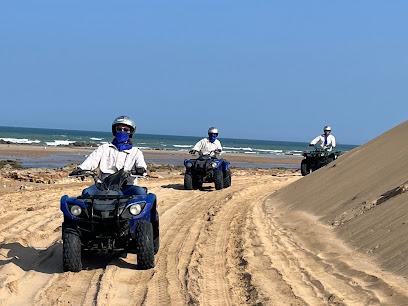
Ranch de Diabat
Discover Ranch de Diabat: Your gateway to horseback riding and ATV adventures in the heart of Morocco's breathtaking landscapes.
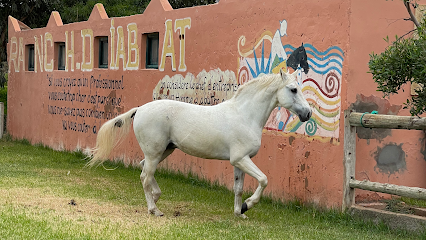
Be In Naturetours Essaouira
Discover the stunning landscapes of Essaouira with Be In Naturetours, where adventure meets the beauty of nature in Morocco.
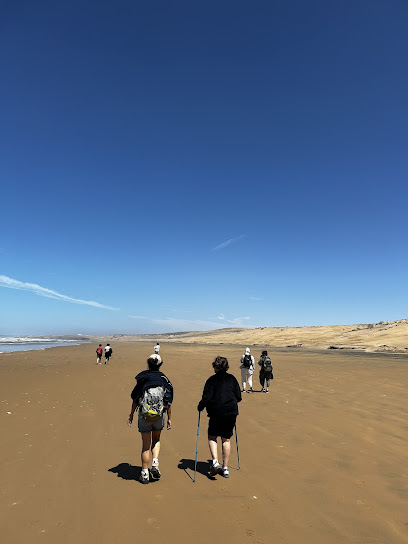
Cheval Essaouira
Experience the breathtaking beauty of Morocco on horseback at Cheval Essaouira. Explore stunning landscapes and vibrant culture in a unique equestrian adventure.
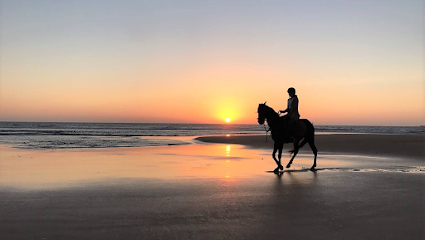
Bayt Dakira
Discover the rich cultural heritage of Essaouira at Bayt Dakira, a local history museum showcasing the city's diverse influences and captivating past.
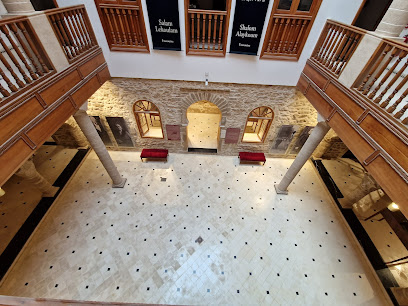
ESSAOUIRA WATERSPORTS:(Kitesurf / Surf / Wing Foil ) school in Morocco
Experience the thrill of kitesurfing, surfing, and wing foiling at Essaouira Watersports, Morocco's premier adventure sports destination.
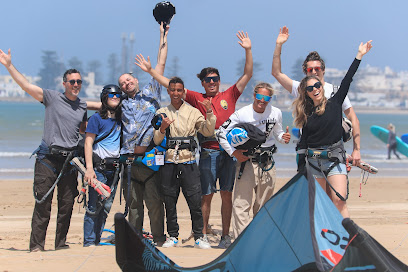
Kitesurfmaroc : Kitesurf Essaouira, Surf Essaouira
Experience thrilling kitesurfing and surfing at Kitesurfmaroc in Essaouira, a coastal paradise perfect for all water sports lovers.
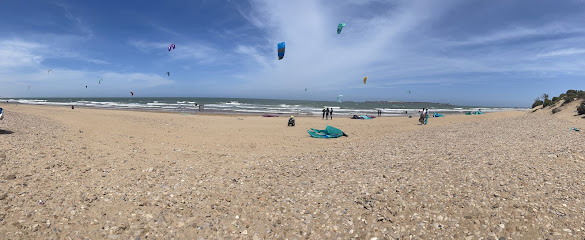
Dar Souiri
Discover Essaouira's cultural gem, Dar Souiri, a vibrant center for art, music, and community in the heart of the city's historic Medina.
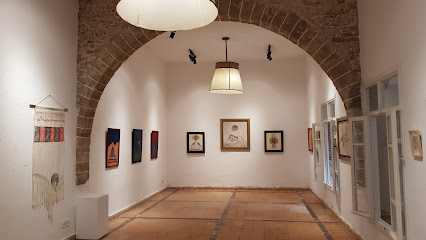
Quad Essaouira Mofida Quad
Experience the thrill of quad biking through the stunning landscapes of Essaouira, a unique adventure in Morocco's enchanting countryside.
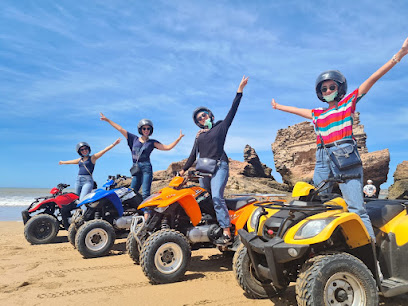
MOGASURF - Kitesurf, Surf, Stand-up Paddle & Yoga
Experience the thrill of kitesurfing, surfing, and yoga at Mogasurf in Essaouira, where adventure meets relaxation in Morocco's stunning coastal paradise.
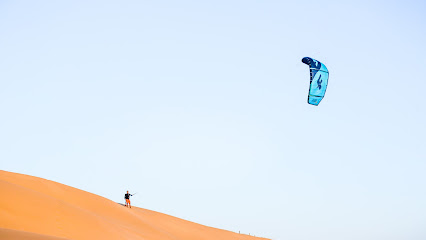
Lima Dromadaire
Discover the enchanting landscapes of Essaouira on horseback with Lima Dromadaire, a premier tourist attraction offering unforgettable riding experiences.
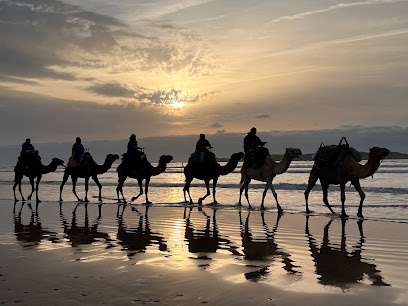
Lou's Rides
Discover the beauty of Essaouira through bike rides and guided tours at Lou's Rides, your gateway to unforgettable outdoor adventures.
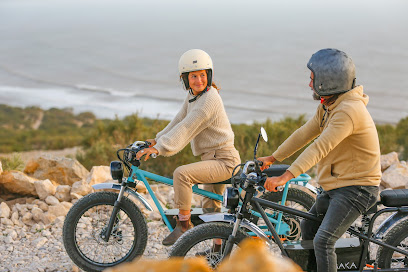
Ecotourism and Hiking
Explore the breathtaking landscapes of Essaouira with ecotourism and hiking adventures that connect you to nature and local culture.
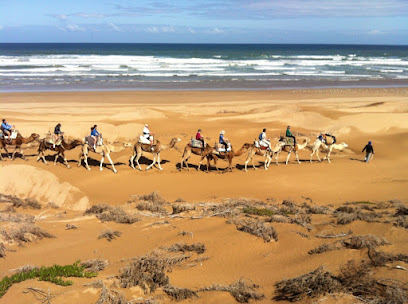
Synagogue Slat Lkahal Mogador
Explore the serene Synagogue Slat Lkahal Mogador, a stunning reflection of Essaouira's rich Jewish heritage and architectural beauty.
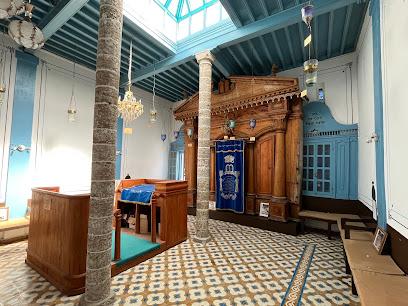
Cascades de Sidi M’Barek شلالات سيدي مبارك
Explore the enchanting Cascades de Sidi M'Barek, a serene hiking area with stunning waterfalls and breathtaking views in the heart of Morocco.
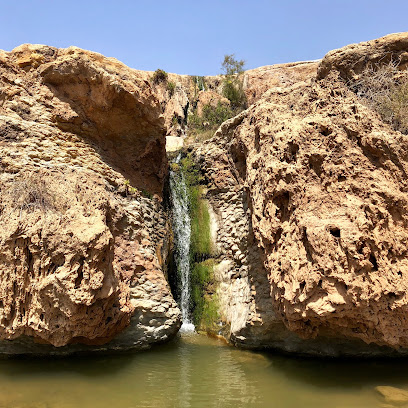
Essential places to dine
La Coupole Essaouira Beach
Discover La Coupole Essaouira Beach: A vibrant tapas bar offering fresh seafood and stunning ocean views in the heart of Essaouira.
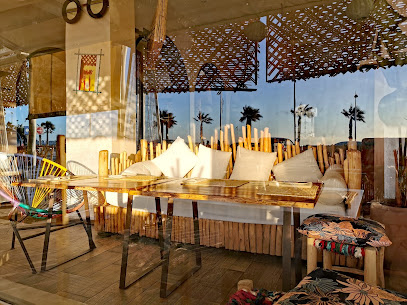
Mega Loft
Savor authentic Moroccan cuisine in a stylish loft setting at Mega Loft in Essaouira's charming Medina.
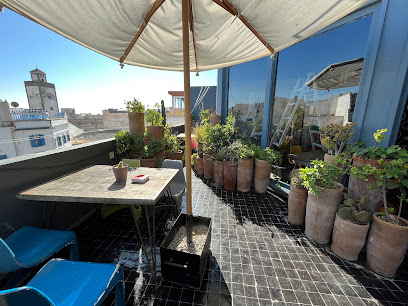
Ocean Vagabond
Experience Mediterranean flavors and thrilling surfing adventures at Ocean Vagabond in Essaouira's stunning coastal landscape.
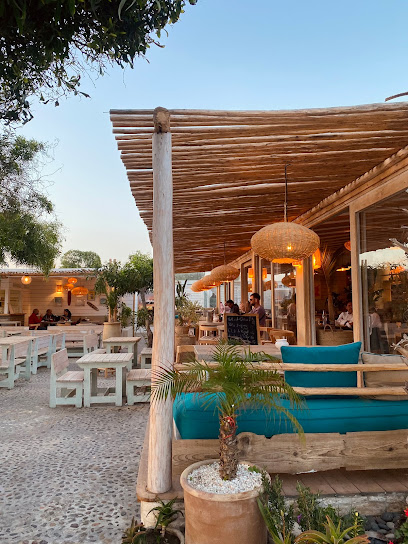
The Loft
Discover exquisite flavors in the heart of Essaouira at The Loft – where Moroccan tradition meets modern culinary excellence.
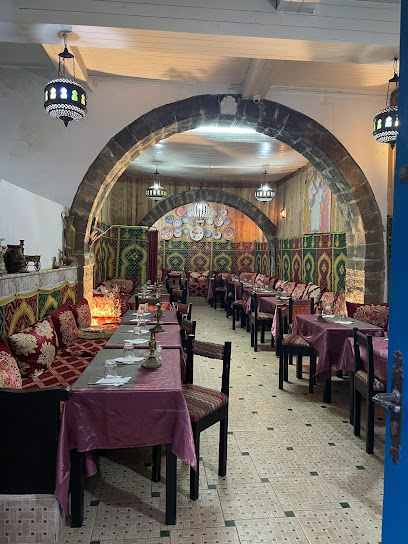
Restaurant Khmissa
Experience authentic Moroccan cuisine at Restaurant Khmissa in Essaouira – where every meal is a celebration of flavor.
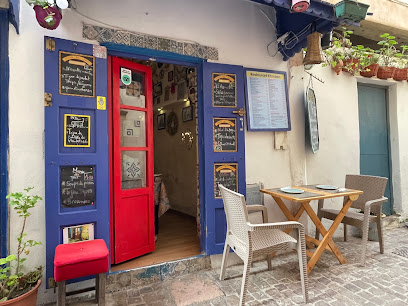
Restaurant ADWAK
Experience authentic Moroccan cuisine at Restaurant ADWAK in Essaouira – where flavors come alive in every dish.
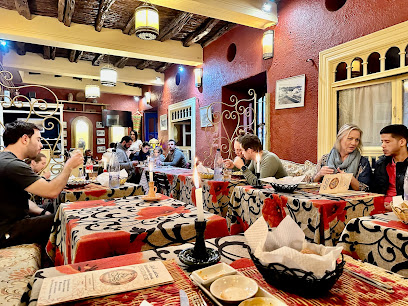
Restaurant Sayef
Discover the authentic flavors of Morocco at Restaurant Sayef in Essaouira's historic Medina.
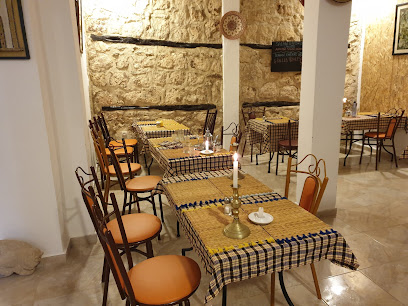
Fishburger Essaouira
Discover the best seafood in Essaouira at Fishburger – where fresh ingredients meet authentic Moroccan flavors in a vibrant coastal atmosphere.
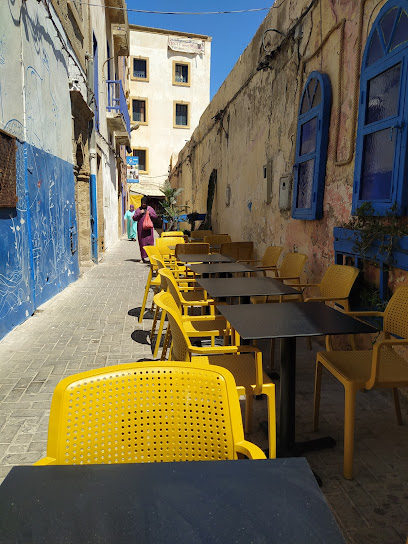
Restaurant la clé de voûte
Experience authentic Moroccan cuisine at Restaurant la clé de voûte in Essaouira - where tradition meets flavor in a warm ambiance.
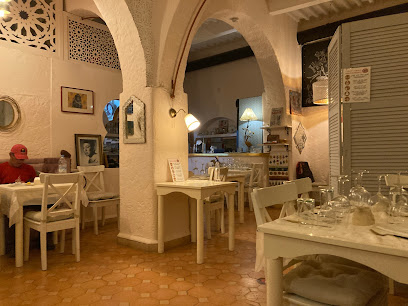
Restaurant Gusto Italia
Experience authentic Italian flavors at Gusto Italia in Essaouira - from delicious pizzas to fresh seafood dishes that delight every palate.
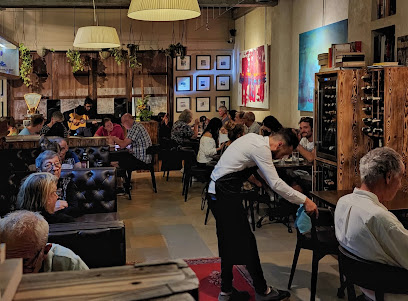
Caravane Café
Experience the vibrant flavors and enchanting atmosphere at Caravane Café in Essaouira—where Moroccan culinary traditions meet contemporary charm.
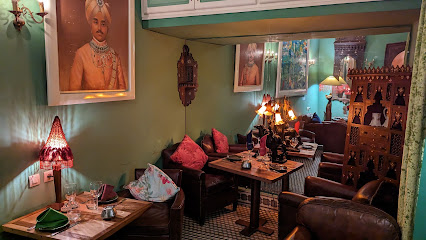
The Hungry Nomad Rooftop Essaouira
Experience breathtaking views and authentic Moroccan flavors at The Hungry Nomad Rooftop in Essaouira.
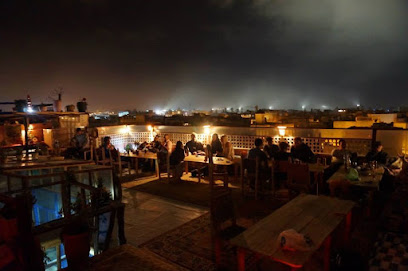
Cafe Restaurant Berber
Experience authentic Moroccan cuisine at Café Restaurant Berber in Essaouira's vibrant Kasbah district.
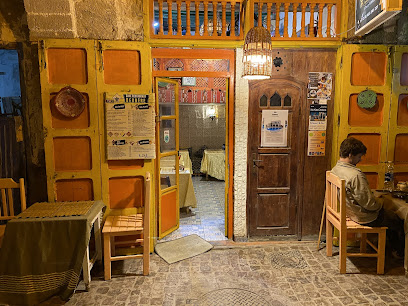
La Table by Madada
Discover exquisite Moroccan cuisine at La Table by Madada in Essaouira's enchanting Medina—an unmissable culinary destination.
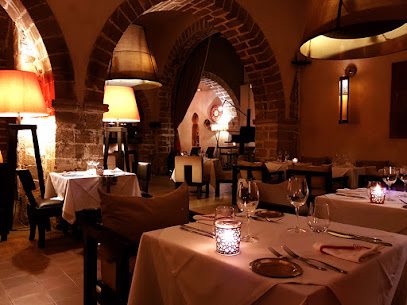
Restaurant Baghdad & Cooking Class
Discover authentic Moroccan flavors at Restaurant Baghdad & Cooking Class in Essaouira – where culinary tradition meets hands-on learning.
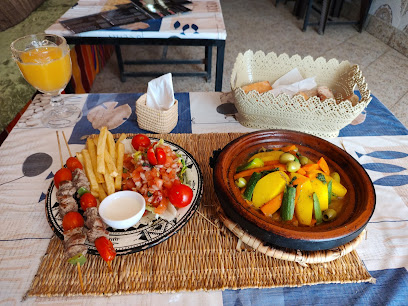
Markets, malls and hidden boutiques
Histoire de Filles
Discover unique Moroccan fashion at Histoire de Filles, a boutique in Essaouira showcasing local craftsmanship and vibrant styles.
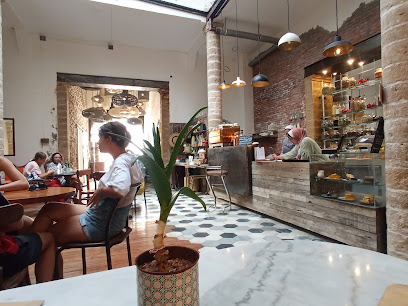
Centre Artisanal D'Essaouira
Explore the vibrant artisan scene of Essaouira at Centre Artisanal, where authentic Moroccan craftsmanship comes to life.
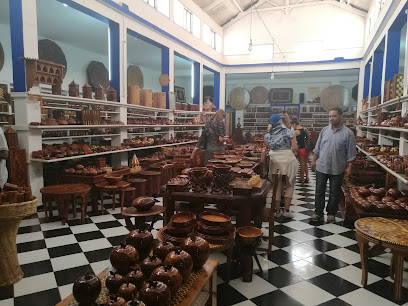
Basma Boutique
Explore Basma Boutique in Essaouira for unique Moroccan fashion, stunning clothing, and handcrafted handbags that reflect the region's rich heritage.
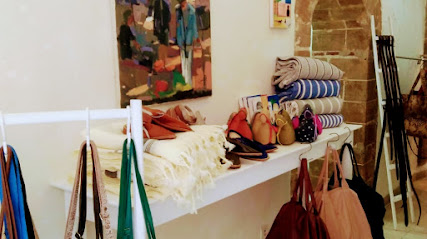
Up Above Interior
Explore Up Above Interior in Essaouira for stunning furniture that combines Moroccan craftsmanship with contemporary design.
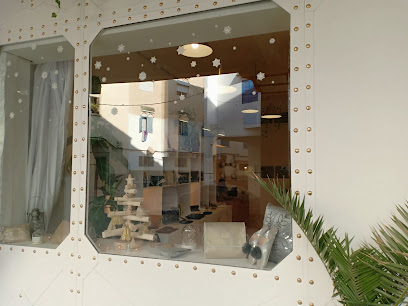
Koulchi Concept Store
Discover Koulchi Concept Store in Essaouira for exceptional coffee and a unique shopping experience with a rooftop view.
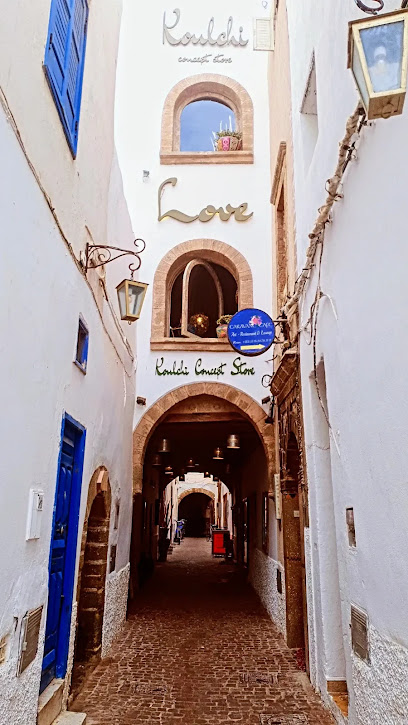
Hiya Art De Vivre
Discover unique Moroccan crafts and gifts at Hiya Art De Vivre, a charming home goods store in the heart of Essaouira's historic Medina.
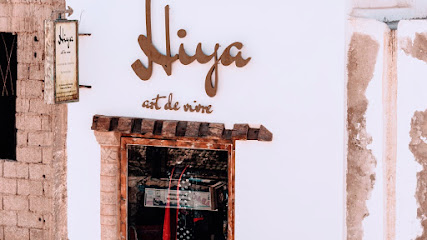
Coopérative mogador dag souiri
Explore the unique craftsmanship at Coopérative Mogador Dag Souiri, a treasure trove of exquisite handcrafted jewelry in Essaouira's Medina.
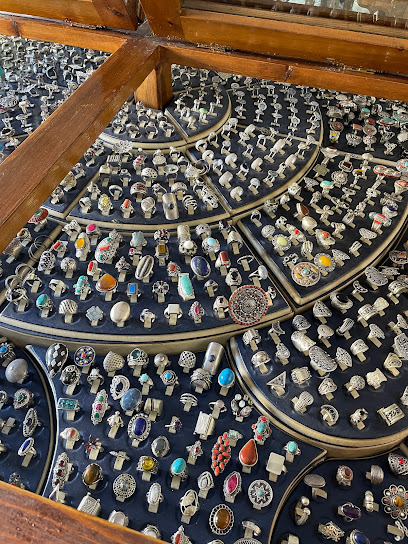
Galerie Jama
Explore the vibrant world of Moroccan craftsmanship at Galerie Jama, a top destination for exquisite handcrafted rugs in Essaouira.
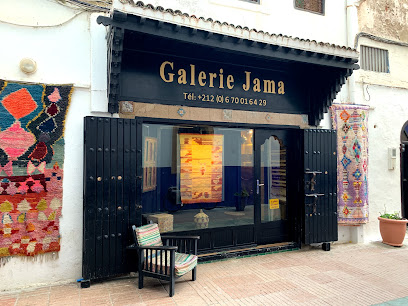
minimal
Explore Minimal in Essaouira for exquisite home goods that blend modern design with Moroccan artistry, perfect for unique souvenirs.
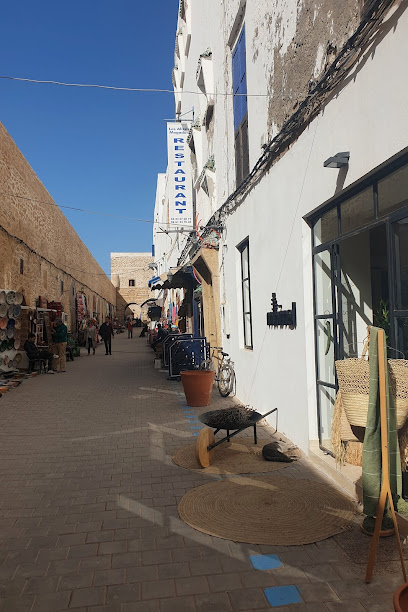
Bazar Ali Baba Essaouira
Discover the charm of Moroccan craftsmanship at Bazar Ali Baba, a boutique offering exquisite wooden products and unique souvenirs in Essaouira.
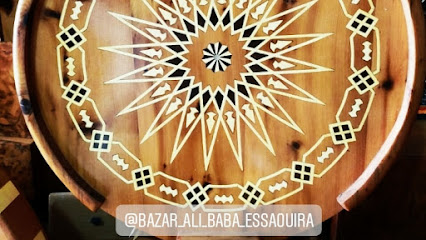
Ici Mogador
Explore Ici Mogador, a charming gift shop in Essaouira, showcasing exquisite Moroccan crafts and unique souvenirs from the heart of Morocco.
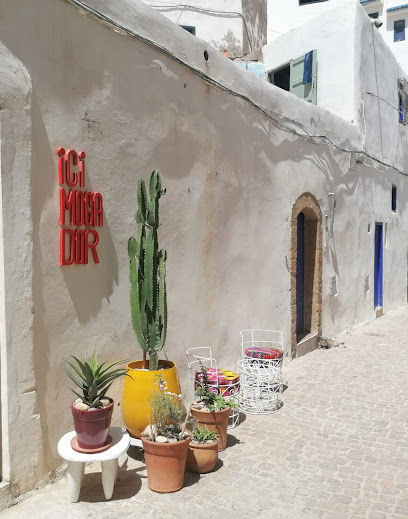
Bo Boutik Mogador
Discover unique, high-quality clothing at Bo Boutik Mogador, a chic boutique in Essaouira's vibrant Medina offering a taste of Moroccan fashion.
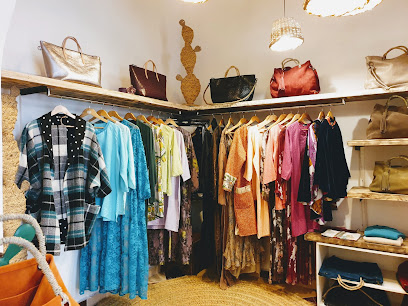
Exquisit Articles
Explore the charm of Moroccan craftsmanship at Exquisit Articles, a boutique offering unique home goods in the heart of Essaouira.
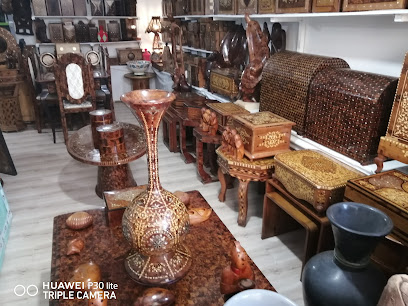
La Fibule Berbère
Explore La Fibule Berbère in Essaouira for stunning handcrafted jewelry that embodies Moroccan culture and artistry.
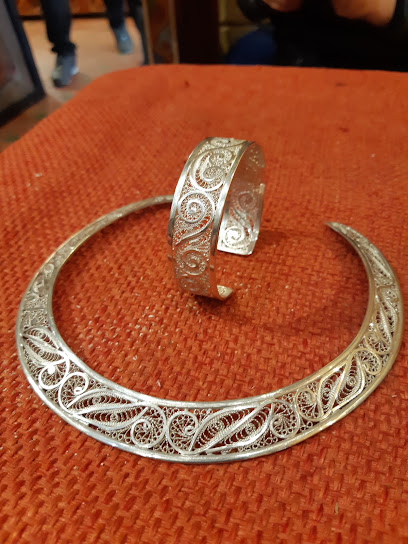
Boutique:la grotte
Discover unique fashion at Boutique: la grotte, Essaouira's charming clothing store in the heart of the Medina, blending Moroccan tradition with modern style.
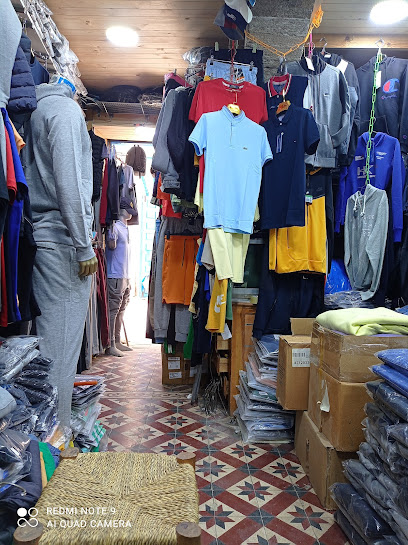
Essential bars & hidden hideouts
Taros
Experience the vibrant atmosphere and stunning ocean views at Taros, Essaouira’s premier bar and restaurant, blending Moroccan flavors with lively entertainment.
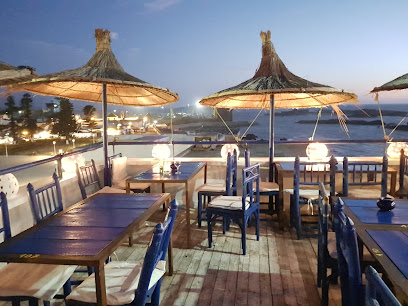
La Coupole Essaouira Beach
Experience the vibrant flavors of Moroccan tapas at La Coupole Essaouira Beach, where ocean views and culinary excellence meet.
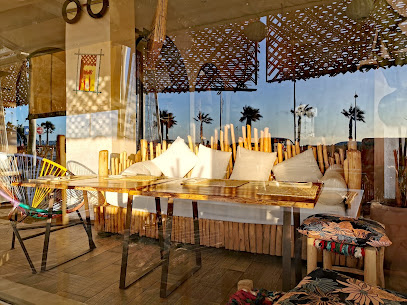
Beach and Friends
Discover the vibrant flavors of Moroccan cuisine at Beach and Friends in Essaouira, where great food meets stunning ocean views.
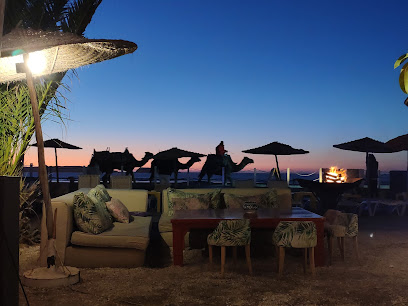
Ocean Vagabond
Experience the essence of Essaouira at Ocean Vagabond, where Mediterranean cuisine meets the vibrant surf culture of Morocco.
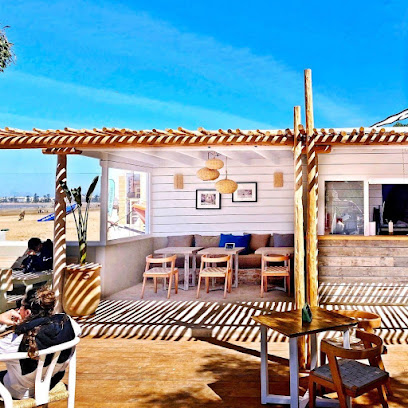
Mandala Society
Discover the vibrant flavors of health-focused cuisine at Mandala Society in Essaouira, a must-visit for every food-loving traveler.
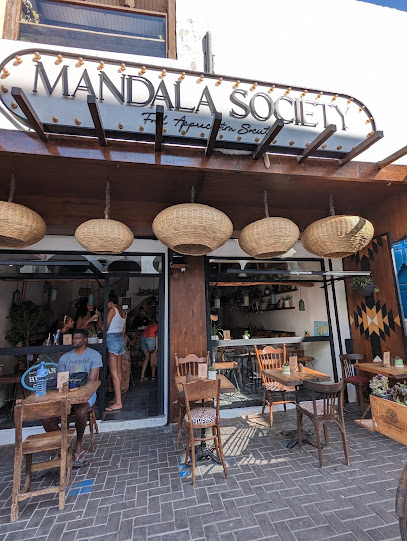
The Hungry Nomad Rooftop Essaouira
Experience the best of Essaouira dining with stunning rooftop views at The Hungry Nomad, where local flavors meet international cuisine.
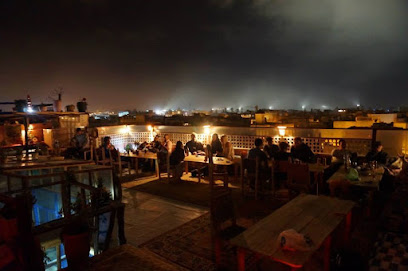
Le Love by Caravane
Discover a culinary gem in Essaouira's Medina, where exquisite tapas and vibrant culture come together at Le Love by Caravane.
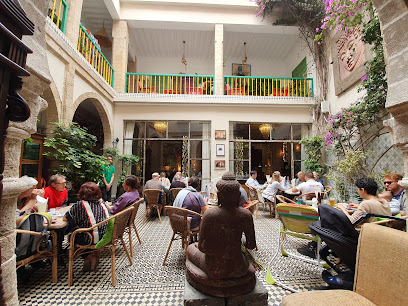
Retro Corner Essaouira
Experience the vibrant culinary scene of Essaouira at Retro Corner, where Moroccan flavors meet a cozy ambiance and delightful pastries.
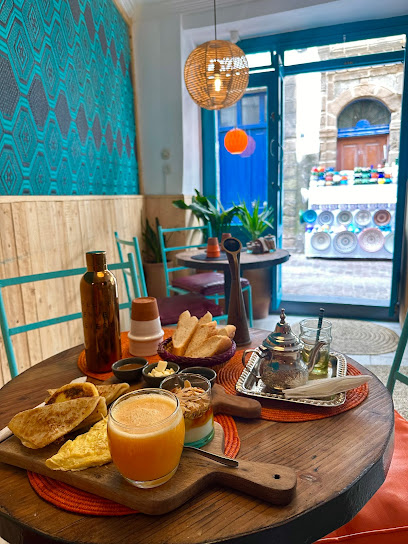
Restaurant D'Jazy
Discover the lively ambiance and delectable cuisine of Restaurant D'Jazy in Essaouira, a must-visit for music and food lovers.
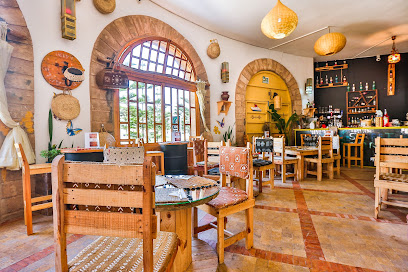
La Rencontre
Experience the vibrant flavors of Morocco at La Rencontre, a unique restaurant and makerspace in Essaouira that blends culinary creativity with local culture.
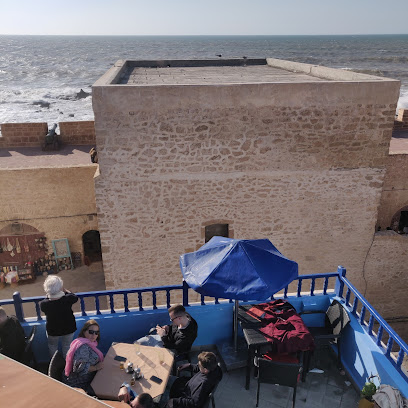
Le Chrysalis ( Restaurant )
Discover the vibrant flavors of Essaouira at Le Chrysalis, where local ingredients meet culinary creativity in a welcoming atmosphere.
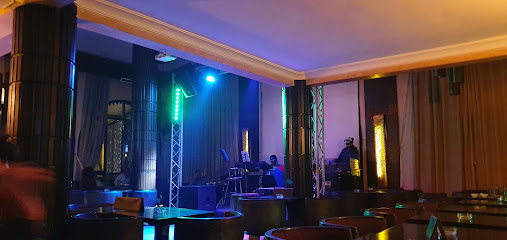
Alhafra
Experience the vibrant nightlife at Alhafra, a top bar in Essaouira offering an extensive drink menu and friendly service in a charming atmosphere.
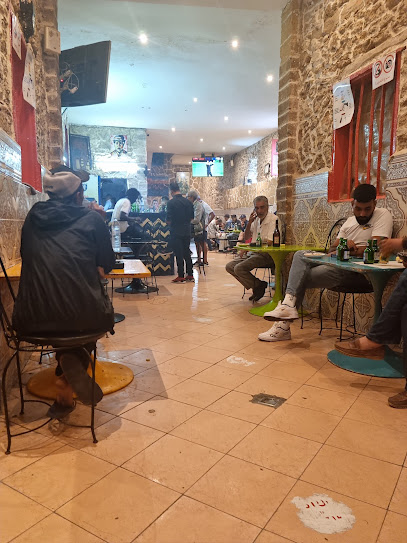
Ozo Night Club
Experience vibrant nightlife and electrifying music at Ozo Night Club in Essaouira, the ultimate destination for party enthusiasts.
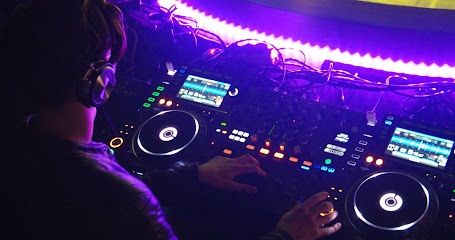
Unknown But Cheap
Experience the vibrant local culture at Unknown But Cheap, a cozy bar in the heart of Essaouira's Medina, where tradition meets relaxation.
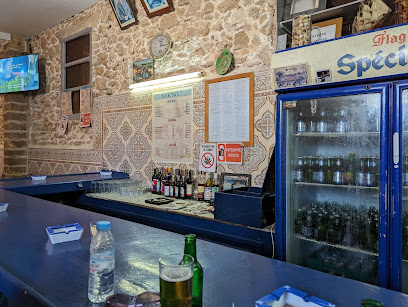
Local Phrases about Essaouira Region
-
- Helloسلام
[salam] - Goodbyeوداعا
[wada'an] - Yesنعم
[naam] - Noلا
[laa] - Please/You're welcomeمن فضلك
[min fadlik] - Thank youشكرا
[shukran] - Excuse me/Sorryعذرا
['udhran] - How are you?كيف حالك؟
[kayfa halak?] - Fine. And you?بخير. وأنت؟
[bikhayr. wa'ant?] - Do you speak English?هل تتكلم الإنجليزية؟
[hal tatakallam al'inglizia?] - I don't understandلا أفهم
[laa afham]
- Helloسلام
-
- I'd like to see the menu, pleaseأود أن أرى القائمة، من فضلك
[awad an ara alqaima, min fadlik] - I don't eat meatأنا لا آكل اللحم
[ana la aakul allahm] - Cheers!في صحتك!
[fi sahtak!] - I would like to pay, pleaseأود أن أدفع، من فضلك
[awad an adfa', min fadlik]
- I'd like to see the menu, pleaseأود أن أرى القائمة، من فضلك
-
- Help!النجدة!
[alnajdah!] - Go away!اذهب بعيدا!
[izhab baedan!] - Call the Police!اتصل بالشرطة!
[iatisil bialshurta!] - Call a doctor!اتصل بالطبيب!
[iatisil bialtabib!] - I'm lostلقد ضللت الطريق
[lqad dalalt altariq] - I'm illأنا مريض
[ana mareed]
- Help!النجدة!
-
- I'd like to buy...أود أن أشتري...
[awad an ashtari...] - I'm just lookingأنا فقط أتفرج
[ana faqat atfarij] - How much is it?كم سعره؟
[kam siroh?] - That's too expensiveهذا غالي جدا
[hatha ghali jiddan] - Can you lower the price?هل يمكنك خفض السعر؟
[hal yumkinuk khafdh alsir?]
- I'd like to buy...أود أن أشتري...
-
- What time is it?كم الساعة؟
[kam alsaa'a?] - It's one o'clockالساعة الواحدة
[alsaa'ah alwahidah] - Half past (10)العاشر والنصف
[al'ashar walnisf] - Morningالصباح
[alsabah] - Afternoonالعصر
[ala'sr] - Eveningالمساء
[almasa'] - Yesterdayالبارحة
[albarihah] - Todayاليوم
[alyawm] - Tomorrowغدا
[ghadan] - 1واحد
[wahid] - 2اثنان
[ithnan] - 3ثلاثة
[thalatha] - 4أربعة
[arba'a] - 5خمسة
[khamsa] - 6ستة
[sitta] - 7سبعة
[sab'a] - 8ثمنية
[thamania] - 9تسعة
[tasia] - 10عشرة
[ashara]
- What time is it?كم الساعة؟
-
- Where's a/the...?أين ال...؟
[ayn al...?] - What's the address?ما هو العنوان؟
[ma huwa al'anaan?] - Can you show me (on the map)?هل يمكنك أن تريني (على الخريطة)؟
[hal yumkinuk 'an turyani (ala alkhariitah)?] - When's the next (bus)?متى القادم (الحافلة)؟
[mata alqadim (alhafila)?] - A ticket (to ....)تذكرة (إلى ....)
[tadhkirah (ila ....)]
- Where's a/the...?أين ال...؟
History of Essaouira Region
-
Essaouira, originally known as Mogador, has a rich history that dates back to prehistoric times. Archaeological evidence suggests that the area was inhabited as early as the 7th century BC. The Phoenicians were among the first to establish a trading post here, leveraging the strategic location along the Atlantic coast.
-
During the Roman era, the region continued to thrive as a trading hub. The Romans called it 'Cessaria' and it became an important link in their trade routes, with goods such as purple dye, produced from local mollusks, being highly prized across the empire.
-
In the medieval period, Essaouira was an important outpost in the trans-Saharan trade routes. The Berber tribes, who controlled the region, facilitated the exchange of goods such as gold, salt, and slaves between sub-Saharan Africa and the rest of the Mediterranean world.
-
In the 16th century, under the Saadian Dynasty, the Sultan Ahmed al-Mansur recognized the strategic importance of Mogador. He commissioned the construction of a fortification, which laid the groundwork for the town’s later development. This period also saw increased European interest in the region.
-
Modern Essaouira was officially founded in 1764 by Sultan Mohammed ben Abdallah. The Sultan hired the French architect Théodore Cornut to design the city, aiming to create a fortified port that could compete with European trading posts. The star-shaped layout and robust fortifications are indicative of this period.
-
During the colonial era in the late 19th and early 20th centuries, Essaouira became a focal point of European interest. The French, in particular, established a significant presence, and the city saw an influx of European architecture and cultural influences.
-
For centuries, Essaouira has been a melting pot of cultures, including a significant Jewish population. By the late 19th century, Jews made up a substantial portion of the city's population and contributed significantly to its economic and cultural life. The Mellah, or Jewish quarter, remains a testament to this rich heritage.
-
Following Morocco's independence in 1956, Essaouira began to develop as a cultural and tourist hub. The city's unique blend of Moroccan, French, and Jewish influences, along with its well-preserved medina, earned it a place on the UNESCO World Heritage list in 2001.
-
In recent decades, Essaouira has experienced a cultural renaissance, becoming known for its vibrant arts scene. The city hosts the annual Gnaoua World Music Festival, which attracts artists and visitors from around the globe, celebrating the rich musical heritage of the region.
Essaouira Region Essentials
-
Essaouira Region is accessible by air, road, and rail. The nearest international airport is Essaouira-Mogador Airport, which is about 17 kilometers from the city. You can also fly into Marrakech Menara Airport and take a bus, taxi, or rental car for a 2.5-hour drive to Essaouira. CTM and Supratours buses operate regular services from major cities like Marrakech, Casablanca, and Agadir to Essaouira. If you prefer driving, rental cars are available at airports and in major cities.
-
In Essaouira, most attractions are within walking distance in the medina area. For longer distances, you can use petit taxis, which are relatively inexpensive. Grand taxis are available for trips outside the city. Renting a bicycle or scooter is another popular option for exploring the region. Public buses are limited but can be used for travel within the region. For a unique experience, consider riding a camel or horse along the beach.
-
The official currency in Morocco is the Moroccan Dirham (MAD). Credit cards are widely accepted in hotels, restaurants, and larger shops, but it is advisable to carry cash for smaller establishments and markets. ATMs are available throughout Essaouira, but it’s a good idea to have sufficient cash on hand, especially if you plan to visit rural areas. Currency exchange services are available at airports, banks, and currency exchange offices.
-
Essaouira is generally a safe destination for tourists. However, petty crimes like pickpocketing can occur, especially in crowded areas like the medina and markets. Avoid walking alone late at night in poorly lit areas. Always keep an eye on your belongings and avoid displaying valuables. The local police are helpful and can be contacted in case of any issues.
-
In case of emergency, dial 19 for police assistance or 15 for medical emergencies. The main hospital in Essaouira is Hôpital Sidi Mohammed Ben Abdellah, which provides emergency medical services. Pharmacies are available for minor health issues and over-the-counter medications. It is highly recommended to have travel insurance that covers medical emergencies.
-
Fashion: Do dress modestly, especially when visiting religious sites. Men should avoid wearing shorts, and women should cover their shoulders and knees. Religion: Do respect local customs and traditions. Avoid public displays of affection and be mindful of prayer times. Public Transport: Do be polite and offer your seat to elderly passengers. Avoid eating or drinking on public transport. Greetings: Do greet people with a handshake. It is polite to use your right hand for greetings and exchanges. Eating & Drinking: Do try local dishes and accept food offerings graciously. Avoid using your left hand for eating or passing food.
-
To experience Essaouira like a local, visit the fish market early in the morning and enjoy freshly grilled seafood. Take a stroll along the ramparts of the Skala de la Ville for stunning ocean views. Engage with local artisans in the medina, where you can find unique crafts and souvenirs. Don't miss the annual Gnaoua World Music Festival if you visit in June, which features traditional and contemporary music performances.
Trending Landmarks in Essaouira Region
-
Place Moulay Hassan
-
City Walls
-
Bab Sbaa
-
Sqala du Port d'Essaouira
-
Panoramic view of Essaouira
-
Be In Naturetours Essaouira
-
Essaouira, Maroc
-
Dar Souiri
-
Gallery Kasbah
-
Horloge d'Essaouira
-
L'Horloge d'Essaouira
-
Bab El Marsa
-
Borj El Barmil
-
Old Fortress, 18th Century Portuguese canons
-
Phare de Sidi Magdoul
Nearby Cities to Essaouira Region
-
Things To Do in Agadir
-
Things To Do in Taroudant
-
Things To Do in Marrakech
-
Things To Do in Casablanca
-
Things To Do in Meknes
-
Things To Do in Fes
-
Things To Do in Asilah
-
Things To Do in Chefchaouen
-
Things To Do in Tangier
-
Things To Do in Tetouan
-
Things To Do in Faro
-
Things To Do in Cádiz
-
Things To Do in Europa Point
-
Things To Do in Gorham's Cave Complex
-
Things To Do in St. Michael's Cave











